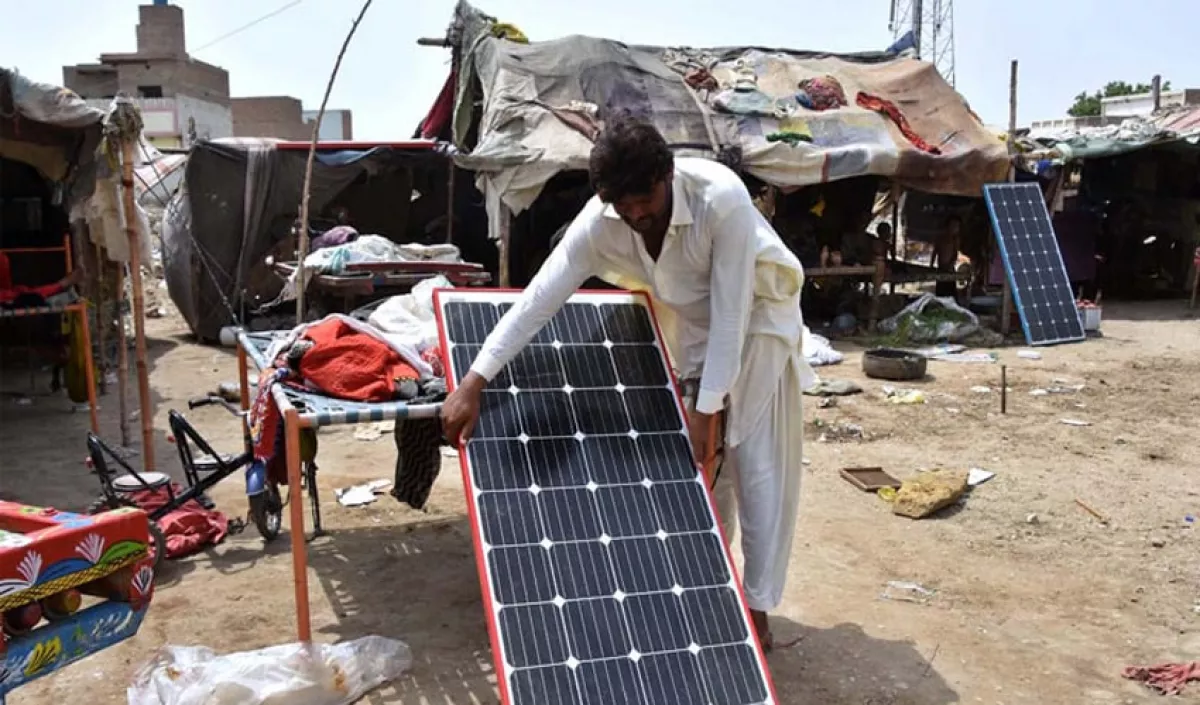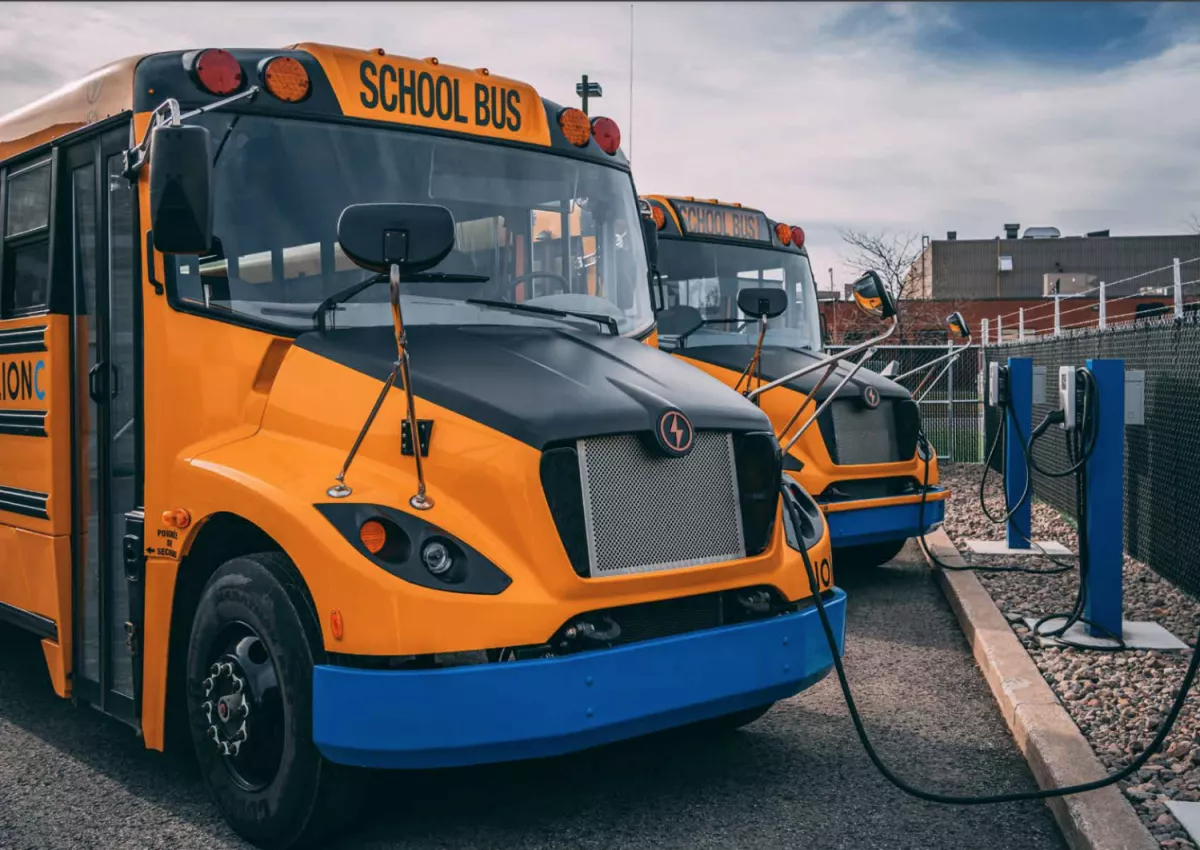Encouraging climate news you might have missed in 2024
After months of disheartening reports about countries retreating from climate commitments and companies scaling back green initiatives, there have also been positive developments in the fight against global warming in 2024.
By November scientists became certain that 2024 would be the hottest year on record, with numerous devastating natural catastrophes that occured in the past months serving as evidence to that. The COP29 UN climate conference that was hosted in Azerbaijan in November managed to reach an agreement for developed countries to lead in providing $300 billion annually in climate finance to Global South nations. While this may only be a small drop in the ocean, the initiative is a step in the right direction. An article by Bloomberg has listed other positive developments in the race to combat the effects of climate change that you might have missed throughout the year.
Great year for solar energy
Solar energy achieved unprecedented growth in 2024, with global capacity expanding at a record pace due to declining panel prices. Countries like China, India, and Germany led the charge, while unexpected players such as Saudi Arabia and Pakistan made significant investments. Notably, China exceeded its combined wind and solar targets nearly six years ahead of schedule, showcasing a robust commitment to clean energy.

The UK made significant strides in renewable energy this year. The British Library installed a £1.5 million solar array, and the Church of England began generating power from a historic chapel's 438-panel solar display. In September, the UK shut down its last coal-fired power plant, becoming the first G7 nation to eliminate coal from its electricity grid.
Electric Vehicles
Norway’s push to eliminate fossil fuel-powered car sales by 2025 reached a pivotal point. Electric vehicles now constitute 25% of cars on Norwegian roads, supported by policies and incentives. With over 170 EV models available, Norway’s framework offers a roadmap for other nations aiming to transition to clean transportation.
In the US, range anxiety eased significantly as fast-charging stations increased by 35% in the first nine months of 2024, totaling 9,000 public sites. Many of these were built in rural areas, addressing gaps in the EV charging network.
Oakland, California, launched the first fleet of electric school buses for a major school district. The buses' batteries not only transport students but also supply electricity to the Bay Area power grid, offering a dual-purpose solution.

Australia introduced affordable loans for low-income workers to purchase EVs, including used models. The loans, capped at A$55,000, aim to revive sluggish battery-powered vehicle sales and make clean transportation more accessible.
Policy changes
Despite political changes, key provisions of the Inflation Reduction Act (IRA) remain intact. Ten-year tax credits for clean energy manufacturing investments are resilient, and most climate funding has already been allocated, ensuring continued progress.
Cities across the US embraced grassroots climate initiatives. Voters approved measures to enhance public transit, Washington state upheld its cap-and-trade program, and California allocated $10 billion for climate resilience. Massachusetts’s commercial food waste ban, introduced in 2014, also continued to yield reductions in waste disposal.
Litigation
A group known as KlimaSeniorinnen, made up of over 2,000 elderly Swiss women won a landmark climate case in April, with the European Court of Human Rights ruling that Switzerland and France had violated their rights through inadequate climate action. In the US and UK, retirees increasingly protested fossil fuel expansion and advocated for climate-conscious voting.

Amazon Deforestation Slowed
Brazil, under President Luiz Inácio Lula da Silva, made significant progress in curbing Amazon deforestation. Following a 50% reduction in 2023, deforestation decreased further in 2024, reinforcing Brazil’s environmental leadership.
Innovative solutions
Startups advanced technology to extract water from dry air using metallic organic frameworks (MOFs). These devices, which operate on ambient sunlight without electricity, offered a sustainable solution to water scarcity.
Cities worldwide adopted innovative adaptation measures to combat climate impacts. Beira, Mozambique, deployed cyclone warning systems; Boulder, Colorado, fortified against wildfires; Frankfurt optimized airflow for cooling; and Nairobi used trash-eating flies to prevent floods.
While challenges persist, 2024 demonstrated that progress on climate action is possible, fueled by innovation, policy, and grassroots initiatives.
By Nazrin Sadigova








